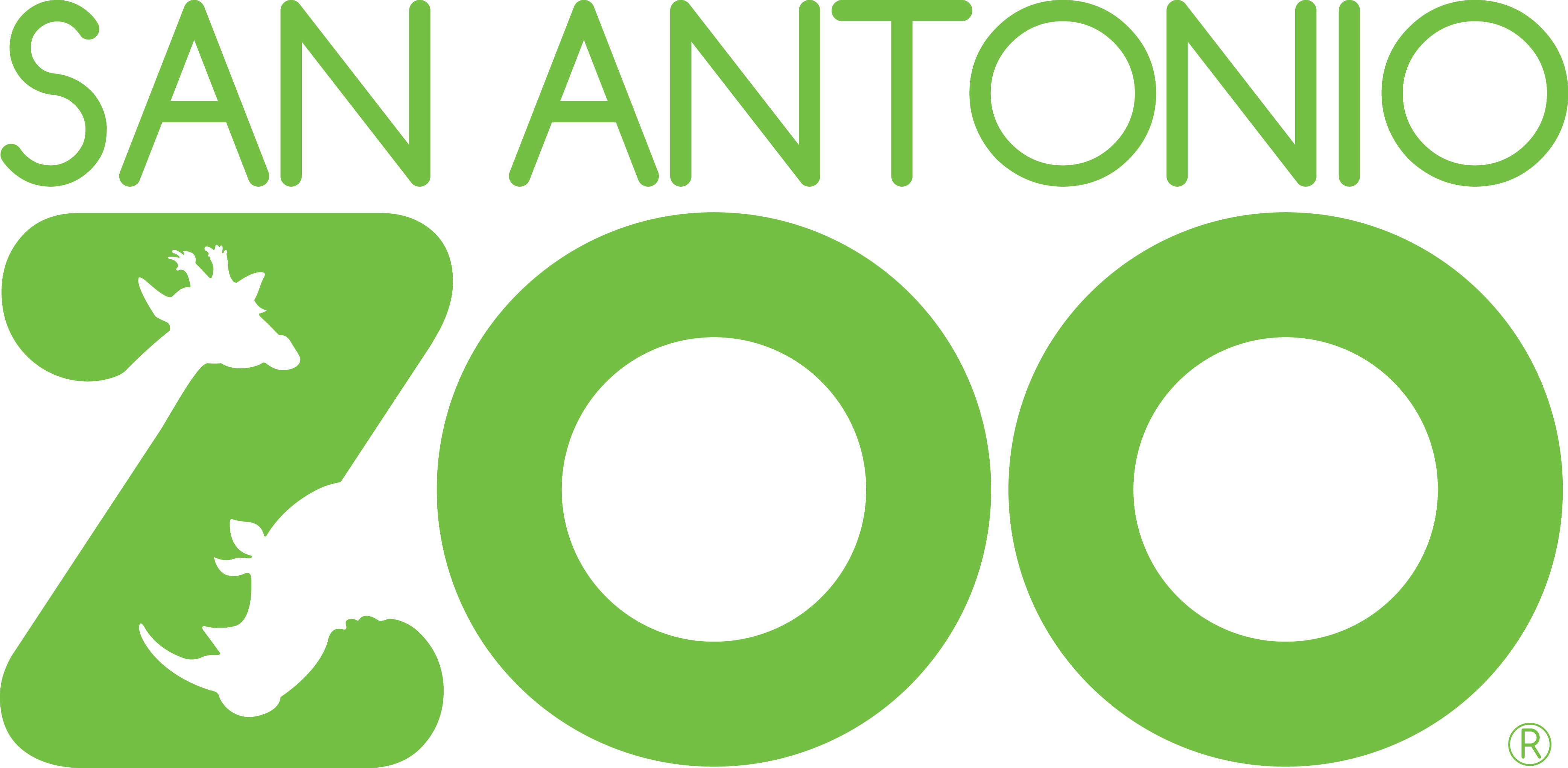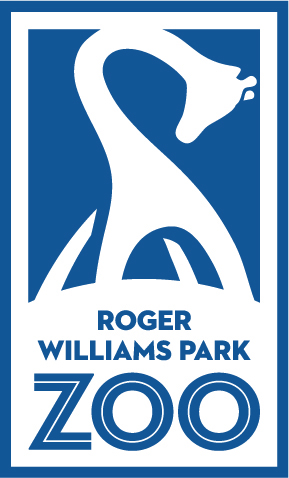
PROGRAM COLLABORATORS
Through proactive efforts, we hope to update the status of imperiled Patagonian amphibian species. These include both Darwins Frog species (Rhinoderma), the False Toads (Telmatobufo), and Mehuín Green Frogs (Insuetophrynus). Field work focuses on assessment of threats they face in the wild. We are establishing breeding populations of these imperiled amphibians in the labs we have built in Valdivia. We also work to document the whole genome of False Toads and develop cryopreserved tissue banks for imperiled Chilean amphibians.
Through these efforts, we will conserve a piece of amphibian biodiversity through captive breeding programs and cryopreserved tissues in Chile. The ultimate goal of the captive breeding program will be reintroduction of species to the wild at some point, given appropriate field conditions and approval from the Chilean government. The key is timely and coordinated action with in-country partners. Rather than simply collecting specimens to maintain and breed outside of the range country, our approach facilitates an in-country program, building facilities, training staff, and empowering local stakeholders. We believe empowered local stakeholders will sustain this program long into the future. Financial support has been used to perform field work, to buy key equipment, to train staff in ex-situ breeding techniques, and to perform rapid assessments of imperiled species and to document forces in the wild driving declines.
The overall aim of this project is to facilitate an integrated program including: (1) ex situ breeding efforts in Chile and (2) in situ conservation work to preserve imperiled Patagonian amphibians through updates of population status, search for R. rufum, monitoring of amphibian chytrid fungus (Bd), and (3) development of a facility to manage cryopreserved tissues of imperiled Patagonian amphibians. In the long term, we would like to empower local stakeholders to protect endemic Patagonian amphibians. We also hope to create a comprehensive project that involves not only breeding and field components but also a platform for educating the public about amphibian conservation inside and outside of Chile (this website).
PROGRAM SPONSORS
Staff from the San Antonio Zoo's Center for Conservation and Research (SAZOO) include Dr. Danté Fenolio and Roger William Zoo's (RWPZ) Lou Perrotti. They work directly with Dr. Jose Nuñez from the Austral University in Valdivia, Chile (AU) and one of his former students, Dr. Jose Grau. US staff organize supplies and infrastructure being shipped to the facility in Valdivia, along with on-site installation and training. Dr. Fenolio and Lou Perrotti have extensive experience in amphibian husbandry and breeding as well as the establishment of conservation breeding facilities. Dr. Martha Crump and biologist William Lamar are internationally recognized specialists assisting field work. Dr. Crump has worked with Rhinoderma in Chile since the 1960s.
- San Antonio Zoo's Center for Conservation & Research
- Roger Williams Park Zoo
- The Shared Earth Foundation
- The American Zoological Association’s Conservation Endowment Fund
- Chicago Zoological Society - Chicago Board of Trade Endangered Species Fund
- The George and Mary Rabb Foundation
- The Sophie Danforth Conservation Biology Fund
- Fauna Australis
- ZooMed Inc.
- Revive & Restore
- Morris Animal Foundation
- Matthew Russell
A PROJECT OF THE |
WITH |
|
| Contents copyright © 2024, unless otherwise noted. | ||


